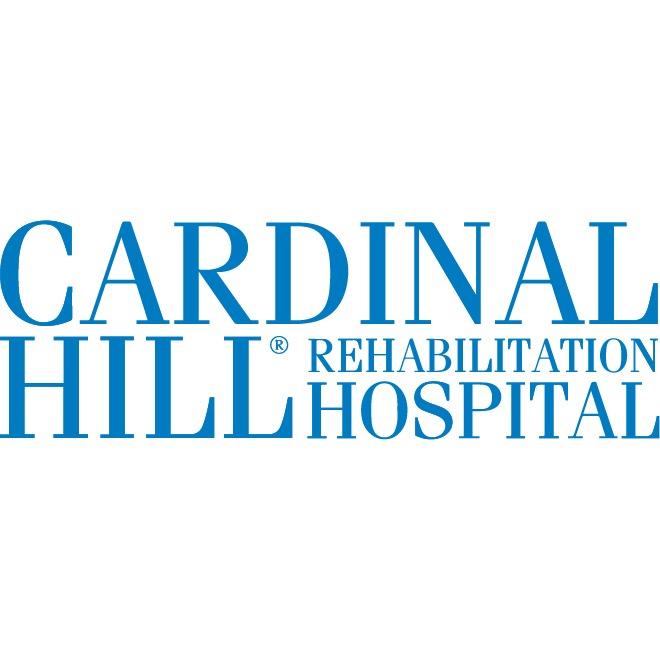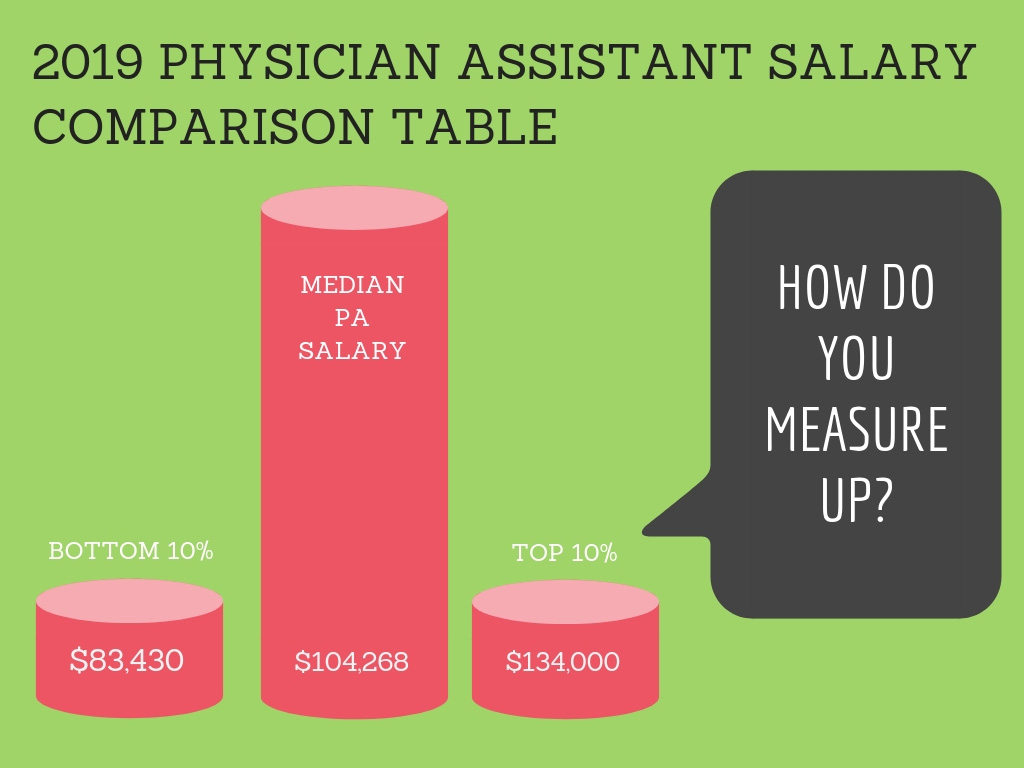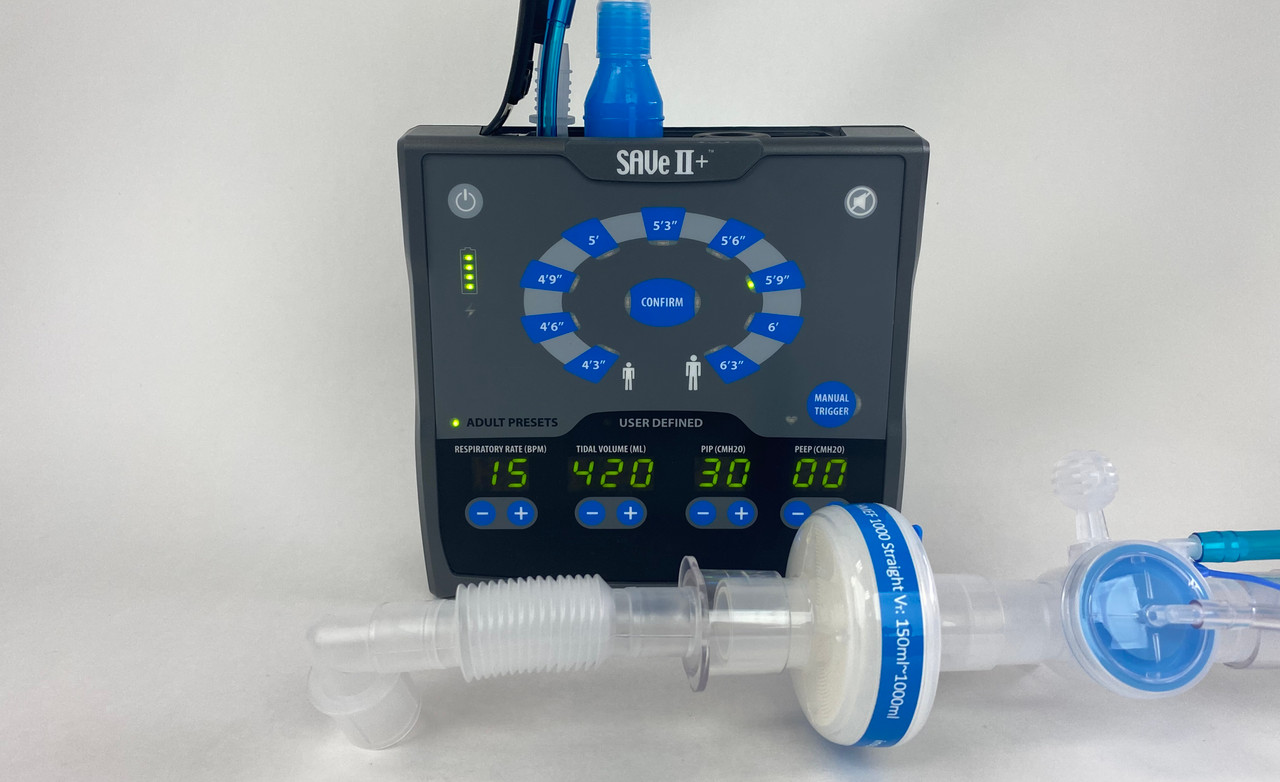What you will learn Prepare healthcare clinicians and administrators for Value-Based Care VBC reimbursement and operating models. You can consider the.
Tackling Top Hhs Priorities Value Based Care Transformation Telligen
As part of this effort a provider should assess its clinical risk management capability by payer contract to effectively negotiate upside and downside risk corridors.
Value based care training. The Office of Johns Hopkins Physicians administers a set of Value-Based Care VBC resources to improve outcomes across all of our patients. Moving to a system of value-based health care requires that physicians and physicians-in-training learn to think differently about their role within the larger care team about what constitutes an effective care solution and about the importance of measuring the health outcomes that matter most to. Explore the power of effective communication between healthcare professionals and patients that leads to a partnership.
Value-based health care is a term that describes the methodology and tactics being taken at the management and leadership level to focus on cost quality and outcome for patients. Students will have weekly assignments including readings and videos. Everything developing leaders need to thrive in the current environment of constant change is covered.
Health care payers are increasingly shifting away from fee-for-service payment systems that reward volume to value-based payment VBP models that incentivize high-quality cost-effective care or value-based care. Value-based care programs established in managed care settings are subject to the additional requirements discussed below. While there has been some discussion on specific ways providers and payers can best support clinicians in this care evolution todaysuch as offering them tools that are purpose-built for value-based care aka not the electronic health record and even incentivizing these changesthe same cannot be said for clinicians in training.
About the Value-Based Care Specialization This specialization is intended for healthcare professionals faculty and students pursuing healthcare-related studies to develop an awareness of Value-Based Care reimbursement and operating models. Through our fully online program you will learn from the same faculty who teach in our masters programs while. This course contains three modules which introduce the concept of value in health care - outcomes that matter to patients total costs of care - and describes what it means for both patients and clinicians.
The Dartmouth Institutes Certificate in the Fundamentals of Value-Based Health Care provides health professionals the essential tools they need to understand and navigate the challenges of patient-centered high-value health care and population health. The Strategic Value of Workplace Training and Development What is Value-Based Healthcare. Let your training be more effective and make use of our free white paper.
Step 3 Partner for. Quiz Ref ID Knowing your patients is the foundation of. Develop an understanding of your individual.
As providers increasingly focus on value-based care they must define preferred risk-value models and the levels of risk they should take in contracting. Students will be able to apply financial techniques to the analysis of the health care environment to improving value in health care services and to organizational decision making. We are delivering more healthcare within a value-based framework with goals of improving the patients experience of care improving the health of populations and reducing per capita costs.
The course will involve about 4 -. The comprehensive content taught by experts in hands-on engaging workshops ranges from. Their goal is to link provider performance of quality measures to provider payment.
There are 5 original value-based programs. While increased access to and coordination of behavioral health services is a policy priority for federal and state policymakers the extent to which the behavioral health system is. The latest healthcare IT systems as well as all facets of value-based care are explored.
Develop care models that are evidence-based and easy to follow. System Delivery Reforms The first category of Medicaid value-based reforms. Step 1 Identify your patient population and opportunity.
End-Stage Renal Disease Quality Incentive Program ESRD QIP Hospital Value-Based Purchasing VBP Program Hospital Readmission Reduction Program HRRP Value Modifier VM. Value-based healthcare is the equitable sustainable and transparent use of the available resources to achieve better outcomes and experiences for every person. 2 Value-based payment mechanisms may be implemented in a variety of payment contexts including fee-for-service and managed care.
Step 2 Design the care model.


/s3.amazonaws.com/arc-wordpress-client-uploads/sfr/wp-content/uploads/2018/03/19140031/Presbyterian-Hospital.jpg)






